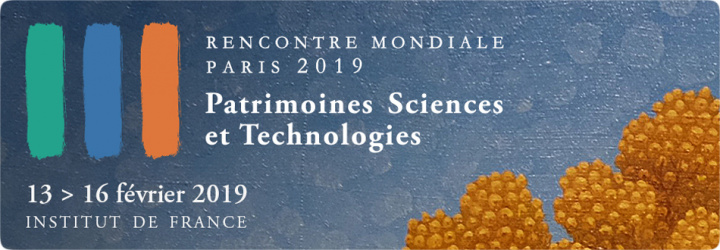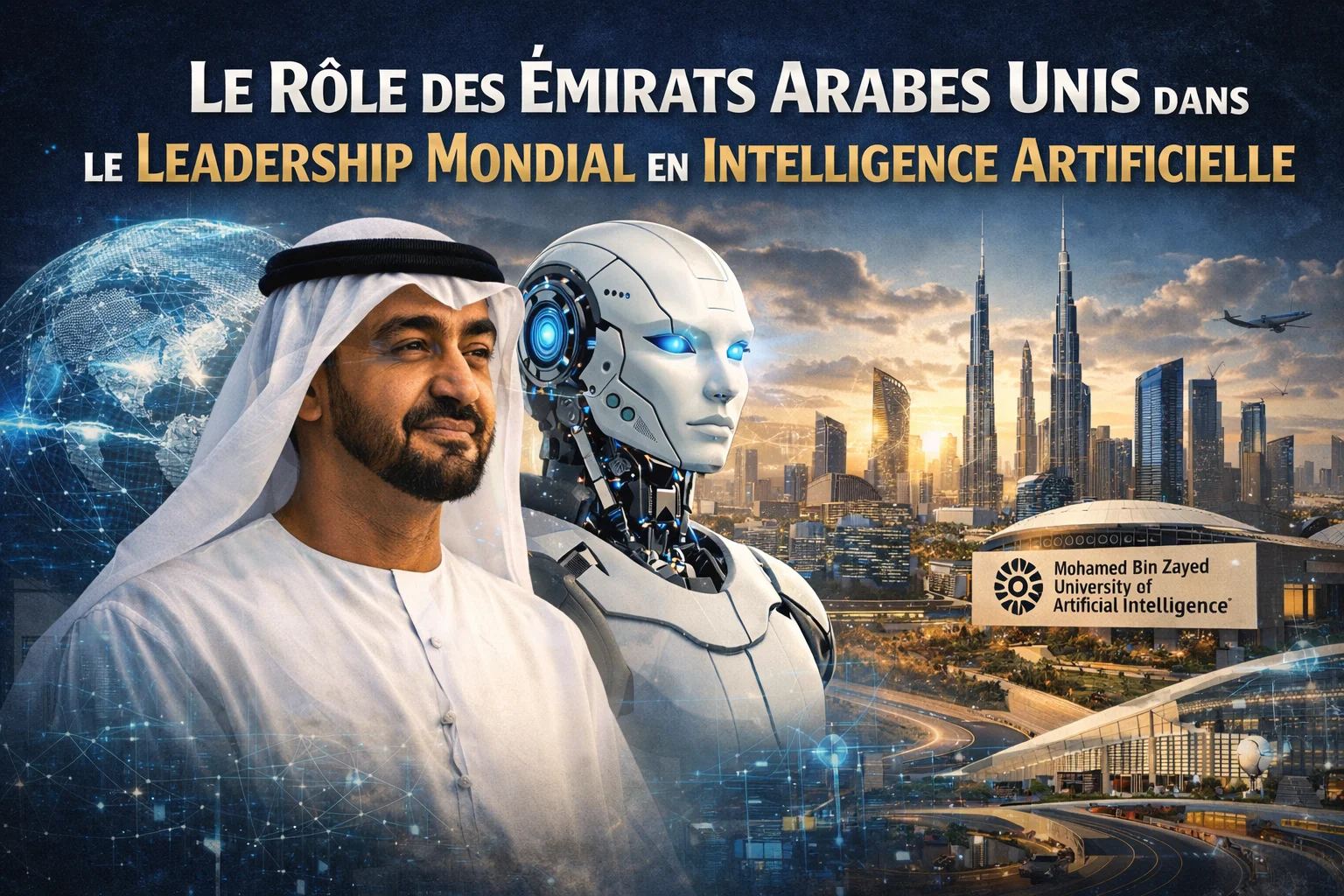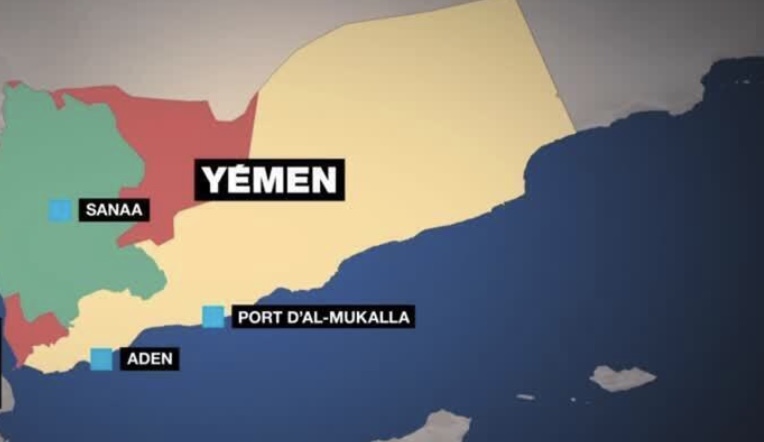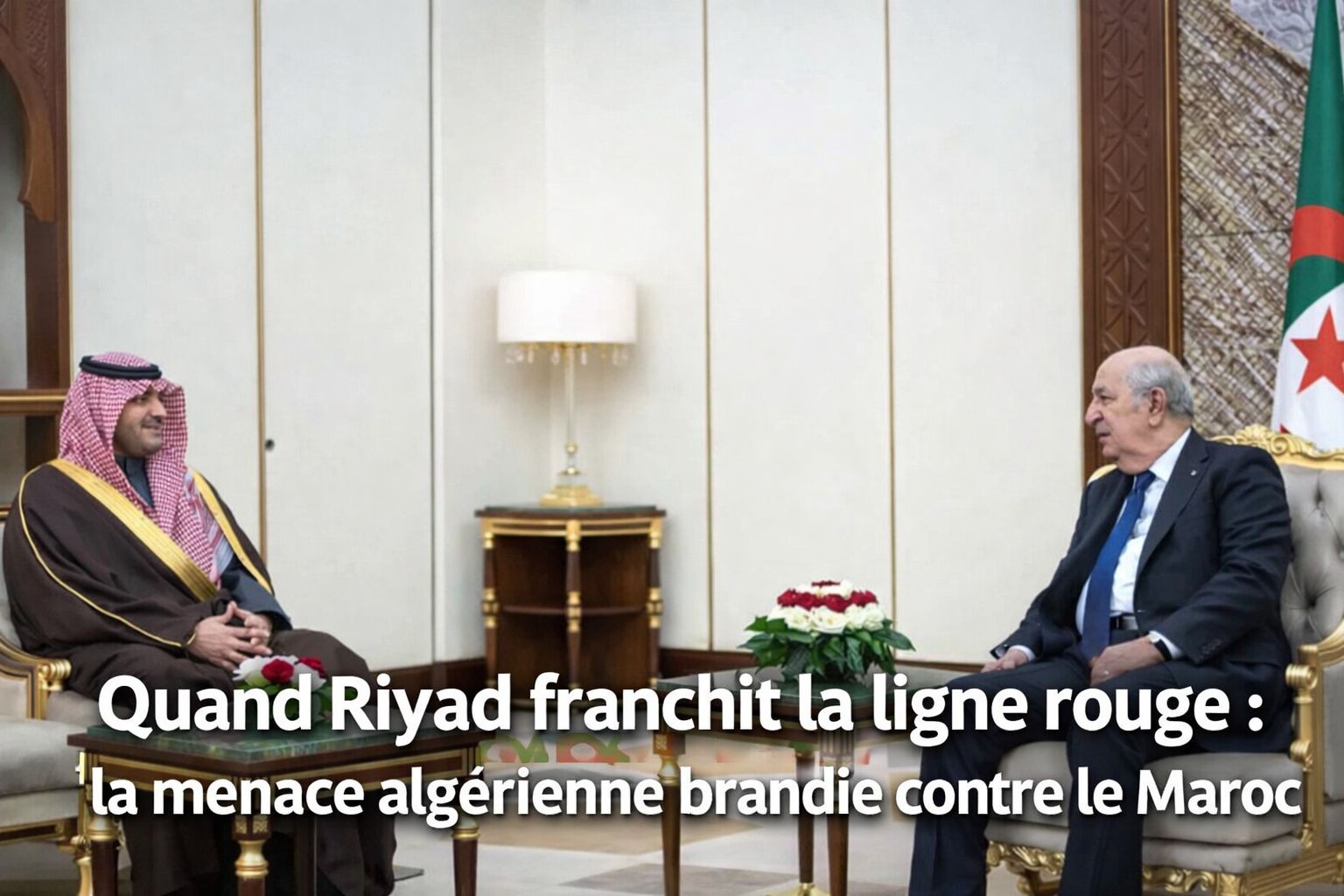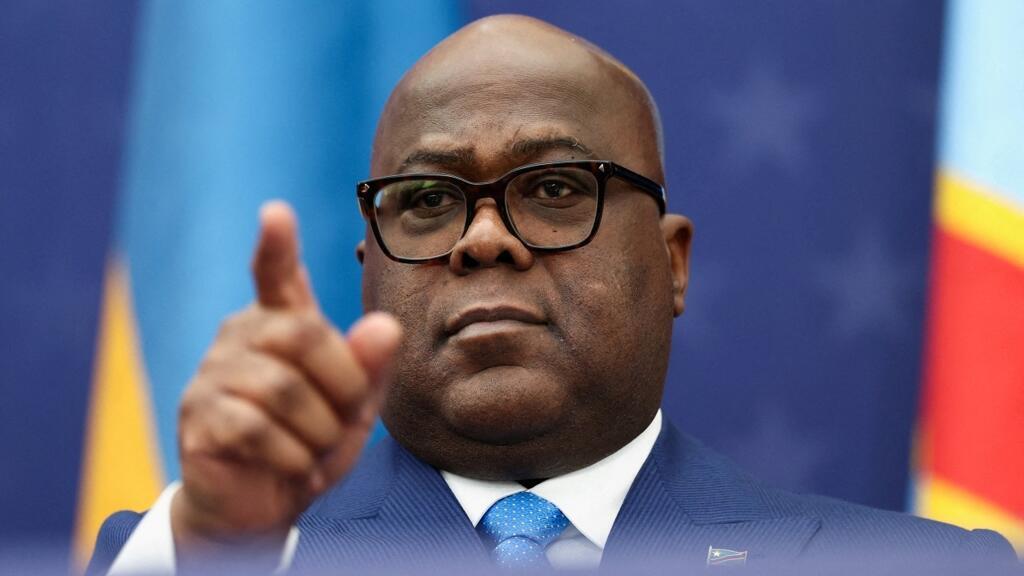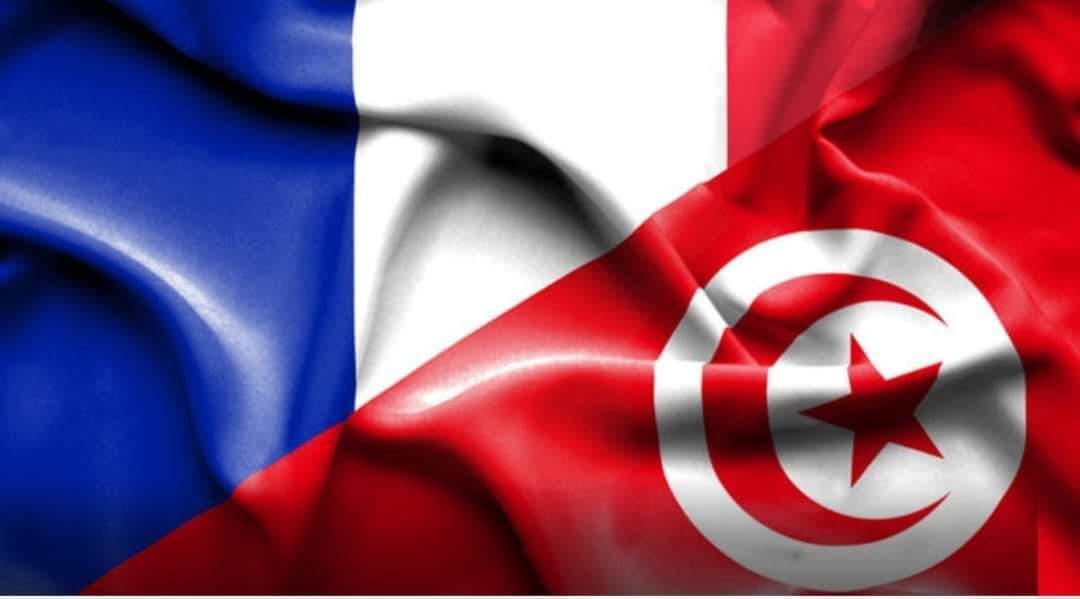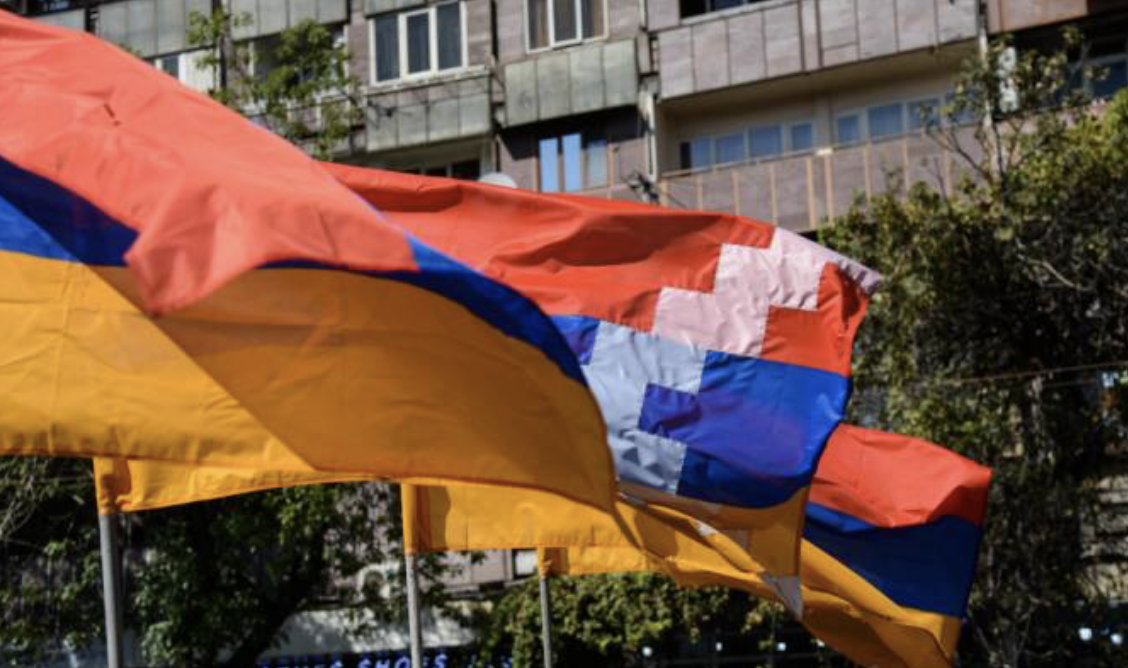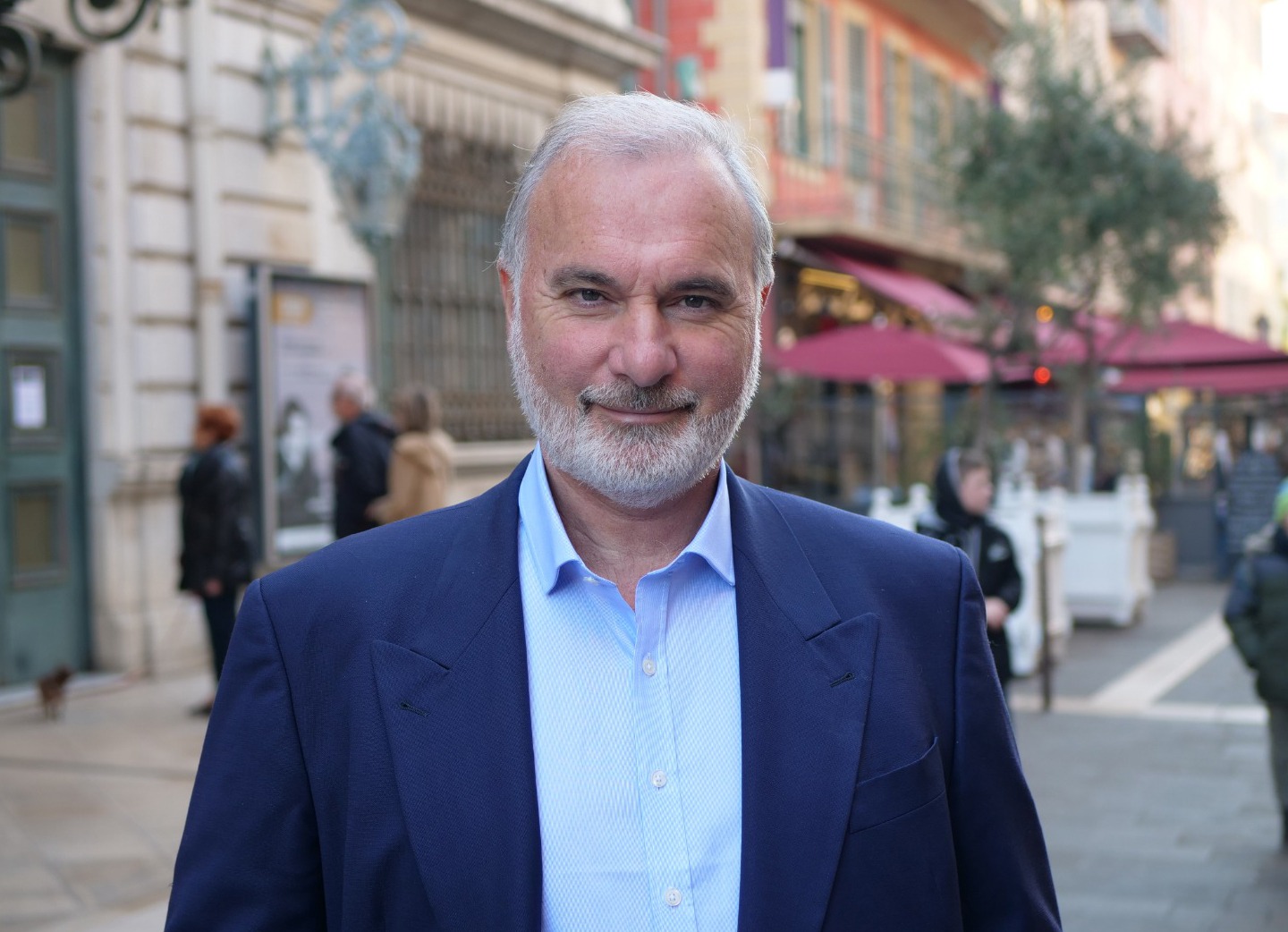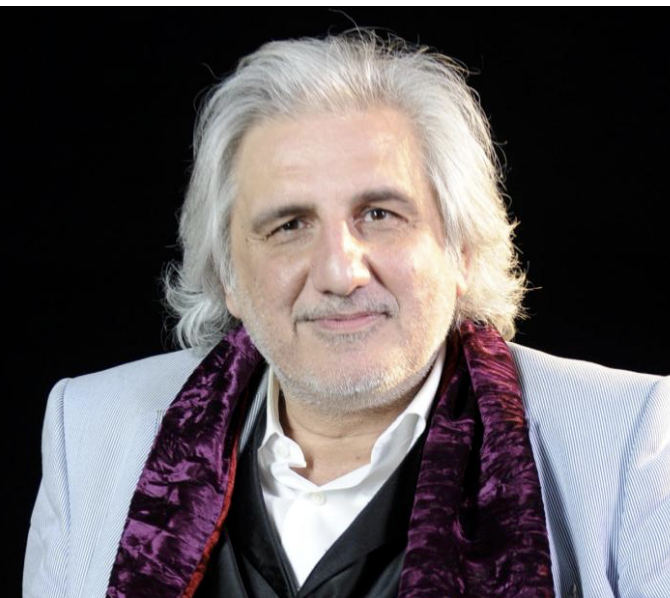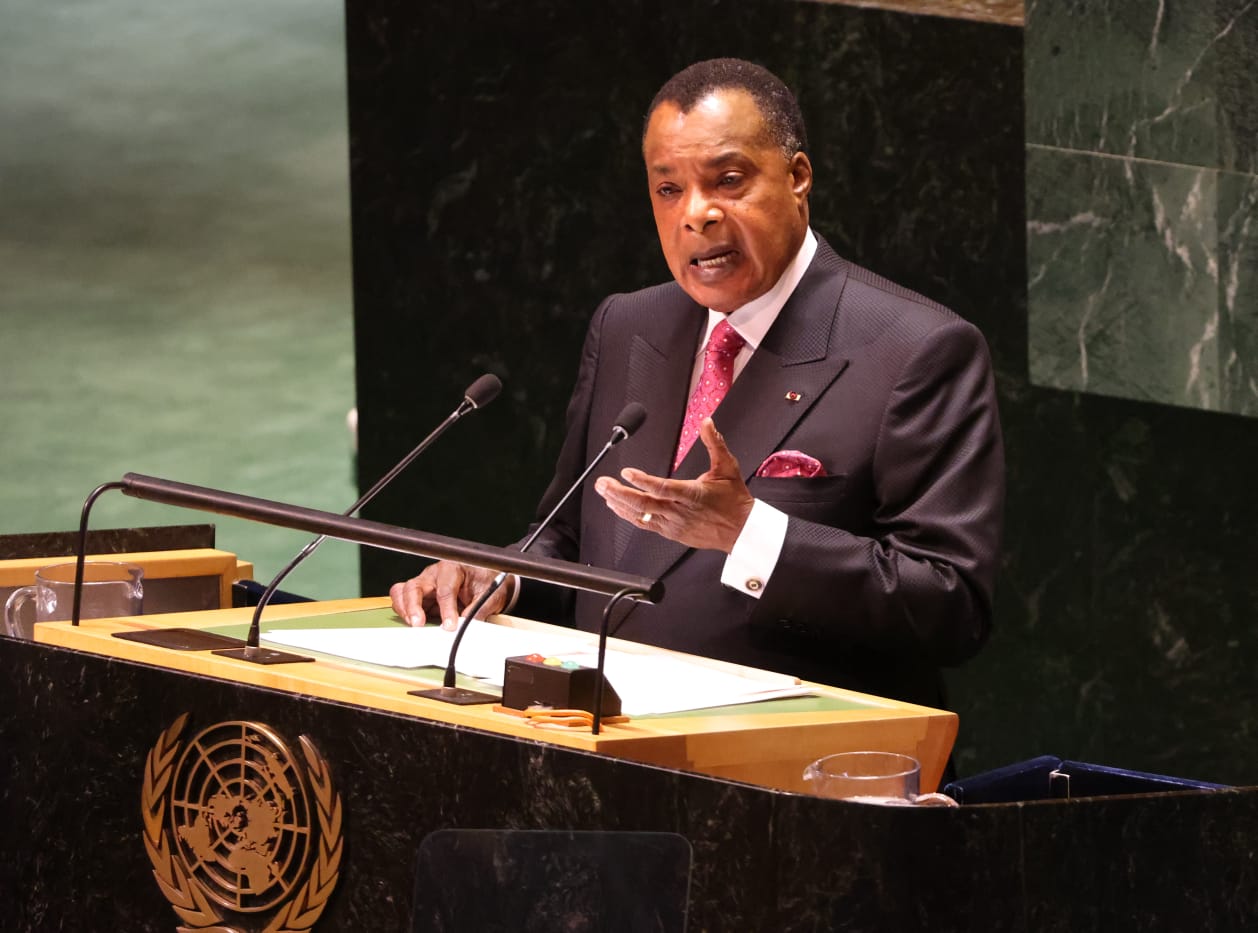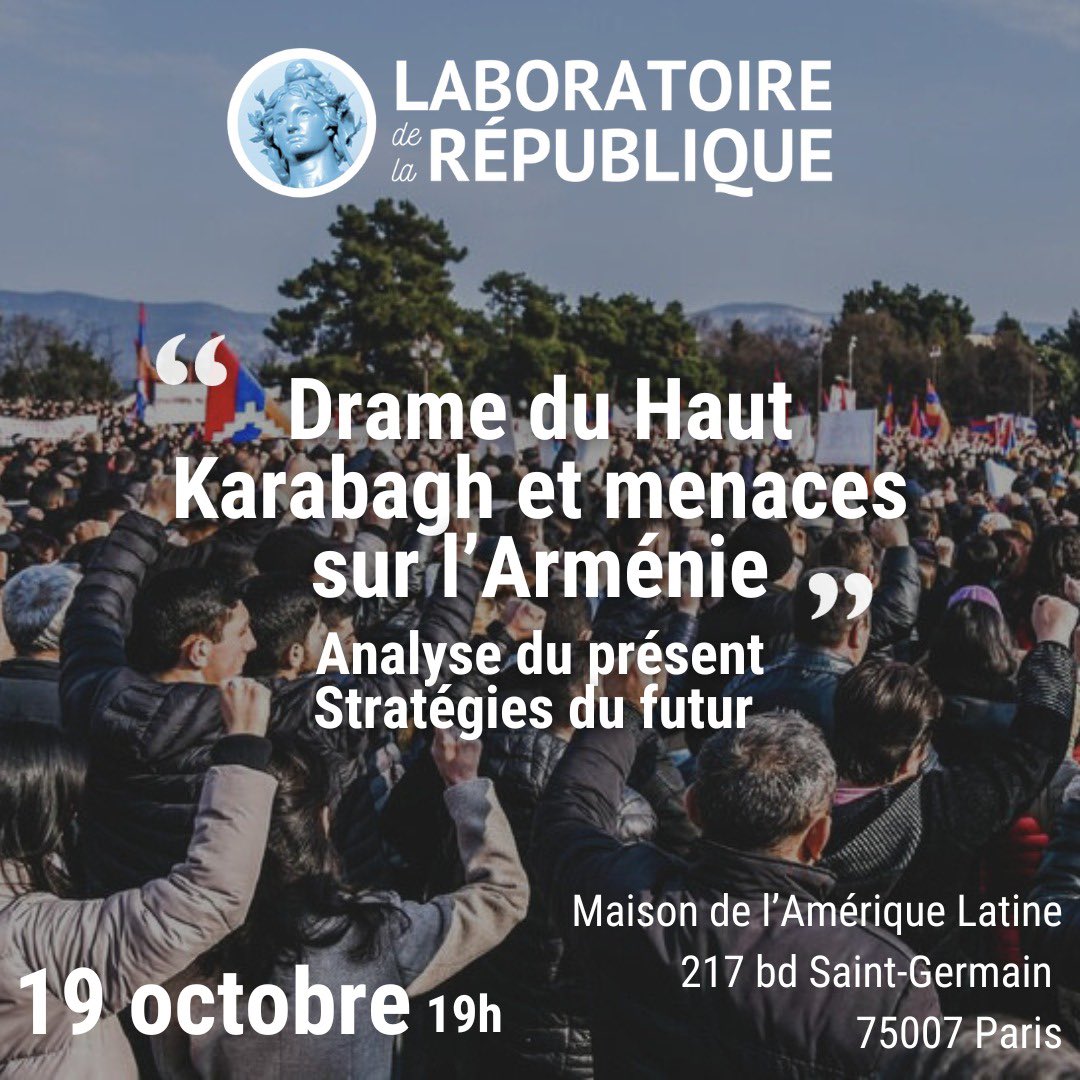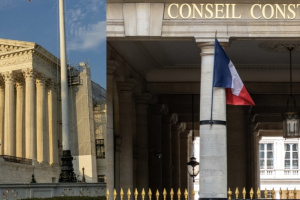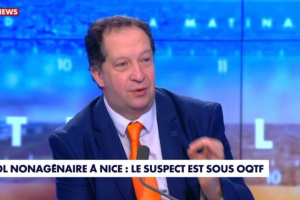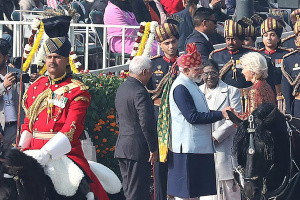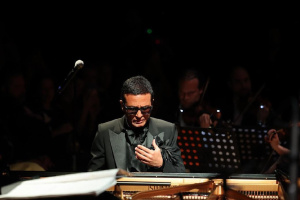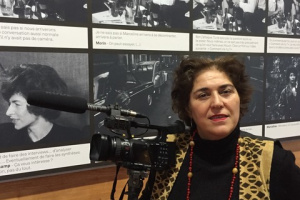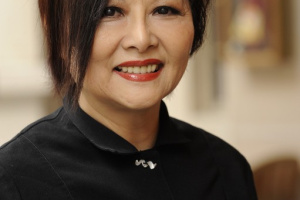Du 13 au 16 février 2019 se tient à l’Institut de France à Paris, la Rencontre mondiale Patrimoines, Sciences et Technologies qui fait dialoguer et échanger acteurs scientifiques, culturels et économiques autour des problématiques d’étude et de conservation du patrimoine, mais également des enjeux économiques, sociaux et politiques qui émergent dans un domaine en pleine mutation.
Dans le contexte de cette Rencontre Mondiale organisée par l’Académie des sciences et IPANEMA sous l’égide du Groupe interacadémique pour le développement (GID), les participants ont adopté une déclaration solennelle appelant à l’action pour mobiliser les savoirs en vue d’améliorer la connaissance, la préservation et la valorisation des patrimoines culturels et naturels, au service du développement durable.
Opinion Internationale publie la Déclaration de Paris en français et en anglais.
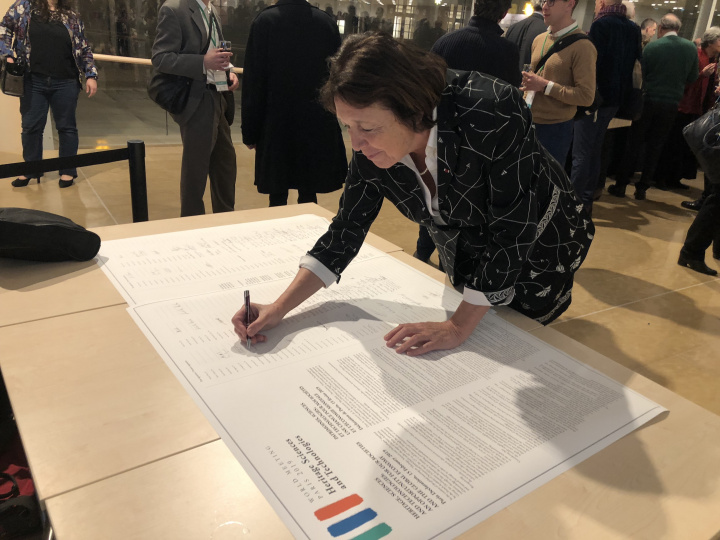
La signature de Catherine Bréchignac, Ambassadeur délégué à la science, la technologie et l’innovationet secrétaire perpétuel honoraire de l’Académie des sciences
La Déclaration de Paris du 15 février 2019 : Patrimoines, sciences et technologies, une chance pour nos sociétés et l’économie mondiale.
Constatant :
- les valeurs scientifiques, interculturelles, éducatives, économiques et sociales des patrimoines culturels et naturels dans le monde ;
- le souhait collectif croissant de préserver ces patrimoines transmis par l’Histoire ;
- l’ampleur des dégradations, souvent irréversibles, des patrimoines mondiaux, dues aux catastrophes naturelles et aux phénomènes climatiques, à l’incurie, aux destructions ciblées lors de conflits, ainsi qu’aux pillages qui portent durablement tort aux pays d’origine de ces biens ;
- la contribution du tourisme à l’économie mondiale, mais aussi les impacts négatifs du tourisme de masse sur la conservation des patrimoines, ainsi que les risques de marchandisation et d’atteinte à leur intégrité ;
- l’émergence de nouveaux domaines de recherche et les révolutions méthodologiques qui contribuent à des découvertes scientifiques de premier plan et à des technologies innovantes dans le domaine de l’étude des matériaux et des environnements anciens qui contribuent de manière substantielle à la compréhension, à la conservation et à l’utilisation durable du patrimoine ;
Considérant que :
- le patrimoine mondial culturel, matériel, immatériel et naturel est encore inégalement et insuffisamment connu, inventorié et protégé : des découvertes attestent chaque jour de la nécessité de poursuivre et d’intensifier la recherche et la documentation sur les biens patrimoniaux ;
- l’étude des patrimoines nécessite d’amplifier les collaborations entre sciences expérimentales, humanités, secteur de la conservation, sciences de l’environnement et sciences de l’information ;
- l’étude des matériaux anciens et leur datation par l’usage des technologies disponibles contribuent aux progrès des savoirs ;
- les patrimoines sont essentiels à l’appropriation par les sociétés de leur histoire ;
- les patrimoines constituent une voie privilégiée de partage culturel et scientifique auprès de tous les publics ;
- les patrimoines contribuent au renforcement de la cohésion sociale, au développement, à la paix et à la stabilité ;
- l’amélioration des connaissances et de la compréhension des biens patrimoniaux est source de création d’emplois dans de nombreux secteurs : économique, touristique, éducatif, industrie culturelle… ;
- le rôle des institutions nationales et internationales, telles que l’UNESCO, l’ICCROM, l’ICOM, l’ICOMOS et le réseau des académies qu’anime le GID, est important dans ce domaine.
Les participants à la Rencontre mondiale « Patrimoines, Sciences et Technologies » souhaitent que les pays et les institutions s’engagent à :
- inscrire l’étude des patrimoines dans les missions des organismes de recherche, des institutions culturelles et des agences de financement, en combinant sciences expérimentales, humanités, conservation, sciences de l’environnement et de l’information ;
- simplifier le recrutement interdisciplinaire ;
- intervenir auprès des autorités compétentes pour les informer et les encourager à :
- investir dans les laboratoires menant une recherche utile à l’amélioration de la connaissance et à la sauvegarde des patrimoines,
- utiliser tous les instruments de recherche (les très grands instruments, les laboratoires mobiles, les bases de données, le terrain) comme creusets de l’interdisciplinarité pour l’étude des patrimoines,
- faciliter l’accès à ces infrastructures pour les chercheurs des pays qui en sont dépourvus,
- mettre en place une politique efficace capable de définir des normes dans le secteur patrimonial,
- soutenir les actions de formation interdisciplinaire aux métiers du patrimoine, notamment ceux liés aux évolutions récentes des méthodes d’étude, de protection et de gestion des biens patrimoniaux dans leur diversité,
- agir dans l’espace public pour :
- mettre en œuvre une politique de développement économique fondée sur les études dédiées aux patrimoines,
- diffuser les savoirs issus de l’étude des patrimoines, en particulier pour combattre l’utilisation des patrimoines comme instruments de division politique et sociale,
- sensibiliser le public à l’importance des divers patrimoines et les inclure dans les programmes de développement sociétaux,
- encourager un important effort d’étude, d’inventaire, de restauration et de mise en valeur de toutes les formes du patrimoine et aux connaissances qui y sont associées pour le développement de son potentiel économique et social.
Fait à Paris, le 15 février 2019.
First Signatories / Premiers signataires
176 participants to the global meeting on “Heritage, Sciences and Technologies” have adopted the Declaration, including Minister Hany Helal, Minister Jorge Braga de Macedo, the President of CNRS, the President of the French National Museum of Natural History and the President of the Paris-Saclay University :
Safaa Abd El Salam (EG), Ann Adanusah (GH), Scott Allan Orr (GB), Michael Alram (AT), Demetrios Anglos (GR), Étienne Anheim (FR), Daniel Asmar (LB), Clara Azemard (FR), Elena Badea (RO), Piero Baglioni (IT), Katalin Bajnok (HU), Roberto Bassi (IT), Lucile Beck (FR), Irène Béguier (FR), Marta Bellato (FR), Djilalli Benouar (DZ), Uwe Bergmann (US), Loïc Bertrand (FR), Veronica Biolcati (IT), Caroline Blanc (FR), Elisa Boccalon (IT), Ilaria Bonaduce (IT), Philippe Boncour (FR), Pierre-Étienne Bost (FR), Muriel Bouttemy (FR), Jorge Braga de Macedo (PT), Catherine Bréchignac (FR), Constance Bronnert (FR), Jacques Bruhlet (FR), Bruno Brunetti (IT), Ilenia Cassan (FR), Jacques Castaing (FR), Sophie Cersoy (FR), Agnes Chalier (GB), Bénédicte Charbonnel (FR), Pierre Chastang (FR)., Rajaa Cherkaoui El Moursli (MA), Aurelia Chevalier (FR), Bernard Chevassus-au-Louis (FR), Serge Cohen (FR), Marine Cotte (FR), Daniel Couturier (FR), Sylvie Crasquin (FR), Francesco d’Errico (FR), Francine d’Orgeval, MEAE (FR), Michel Dabas (FR), Bruno David (FR), Sophie David (FR), Bettina de Cosnac (DE, FR), Ghislain de Marsily (FR), Maryvonne de Saint Pulgent (FR), Laurence de Viguerie (FR), Suzanne Debarbat (FR), Jean-Paul Demoule (FR), Agnès Desolneux (FR), Dominique Deyber (FR), Guillaume Dreyfuss (MT), Jean- Philippe Échard (FR), Marina Egidi (FR), Ahmed Ellaithy (EG), Jean-Pierre Ezin (BJ), Agathe Fanost (FR), Nathan Ferrandin-Schoffel (FR), Dominique Ferriot (FR), Henri-Paul Francfort (FR), Robert G. Erdmann (NL), Jean-Marc Galea (FR), Michèle Gendreau-Massaloux (FR), Lucile Gentaz (FR), Pierre Gény (FR), Rafaella Georgiou (FR), Alice Gimat (FR), Denis Girou (FR), Victor Gonzalez (FR), Denis Gratias (FR), Maria Grever (NL), Martina Griesser (AT), Nicolas Grimal (FR), Hélène Guichard (FR), François Guinot (FR), Selwin Hageraats (FR, NL), Hany Helal (EG), Élodie Herens (BE), Andreu Herminia (FR), Myrtille Hunault (FR), Jinho Hyun (KR), Jean-Paul Itié (FR), Nour-Eddine Jalil (FR), Philippe Janvier (FR), Thierry Joffroy (FR), Vincent Joguin (FR), Lukas Kellermeier (FR), Katrien Keune (NL), Fatima Khaldoune (MA), Bouziane Khalloufi (FR), Andrew King (FR), Imre Kovács (HU), Isabelle Kruta (FR), Anissa Lardjman (FR), Ann Lardzac (FR), Pauline Lefebvre (FR), Roger-Alexandre Lefèvre (FR), Valérie Lefèvre- Seguin (FR), Anne Lehoërff (FR), Johanna Leissner (DE), Ana Luisa do Vale Fonseca Claro (PT), Yasmine Maher George (EG), Jean-Paul Markus (FR), Jeremy Martin (FR), Jean-Didier Mertz (FR), Paul Messier (US), Gwenaël Mezzalira (FR), Costanza Miliani (IT), Benoît Mille (FR), Scott Mitchell (ES), Hélène Mourier (FR), Katharina Müller (FR), Webber Ndoro (ICCROM), Petria Noble (NL), Vincent Noce (FR), Manale Noun (FR), Tulin Okbinoglu (US), Ludovic Orlando (DK, FR), Alexandra P. Rodrigues (PT), Jean Pachet-Colléaux (IT, FR), Cateline Périer d’Ieteren (BE), Maria Perla Colombini (IT), Antoine Petit (FR), Luca Pezatti (IT), Romain Pintore (FR), Florence Pizzorni (FR), Jean-Dominique Polack (FR), Yves Queré (FR), Emily Rayfield (GB), Armelle Regnault (FR), Thilo Rehren (CY), Sylvie Retailleau (FR), Nicole Revel (FR), Manon Rigoreau (BE), Mélanie Roffet-Salque (GB), Laurent Romary (FR), László Rosta (HU), Isabelle Rouget (FR), Professor Pavao Rudan M.D., Ph.D., F.C.A. (HR), Nicolas Ruffini-Ronzani (FR), Tarek S. Tawfik (EG), Sophie Sanchez (SE), Edith Sanstrom (GB), Judith Schlanger (FR), Alexandre Semerok (FR), Marcela Sepulveda (CL), Maëlle Sergheraert (FR), Antonio Sgamellotti, Accademia Nazionale dei Lincei (IT), Sergey Sirro (RU), Véronique Sorano-Stedman (FR), Louise Souquet (FR), David Strivay (BE), Matija Strlic (GB), Abderrahmane Tadjeddine (DZ), Paul Tafforeau (FR), Laurette Thomas (FR), Romain Thomas (FR), Mathieu Thoury (FR), Caroline Tokarski (FR), Pauline Uring (FR), Jean-Marc Vallet (FR), Kees van der Beek (FR), Robert van Langh (NL), Aurélie Verney-Carron (FR), Jean-Denis Vigne (FR), Dominique Vingtain (FR), Philippe Walter (FR), Alan Williams (GB), Patricia Wils (FR), Rezkallah Younes (FR), Pierre-Paul Zalio (FR).

ENG
HERITAGE, SCIENCES AND TECHNOLOGIES:
AN OPPORTUNITY FOR OUR SOCIETIES AND THE GLOBAL ECONOMY
Paris Declaration, 15February 2019
In the context of the global meeting on “Heritage, Sciences and Technologies” organized by the French Academy of Sciences and IPANEMA under the aegis of the Inter-Academic Group for Development (GID) from the 13thto 16thFebruary in Paris, participants endeavor through this declaration to initiate a call for action through the mobilization of knowledge to improve the understanding, preservation and enhancement of cultural and natural heritage in order to promote sustainable development.
Recognizing:
- the scientific, intercultural, educational, economic and social values of the world’s cultural and natural heritage;
- the growing collective desire to preserve such heritage passed on through History;
- the magnitude of damage, often irreversible, to the world’s heritage due to natural disasters and climate-related phenomena, negligence, targeted destruction in times of conflict, as well as looting that generates a long-term negative impact on the countries of origin of these goods;
- the contribution of tourism to the global economy, but also the negative impacts of mass tourism on heritage preservation as well as the risk of its commodification and alteration;
- the emergence of new research fields and methodological revolutions which contribute to cutting edge scientific discoveries and to innovative technologies in the study of ancient materials and environments that contribute substantially to the understanding, conservation and sustainable use of heritage;
Considering that:
- the world’s tangible and intangible cultural heritage and natural heritage is still largely unevenly and inadequately recognized, inventoried and protected: new discoveries are consistently being made that highlight the need to pursue and intensify research and documentation of heritage assets;
- the study of heritage requires an increase in collaboration between experimental sciences, the humanities, the conservation sector, environmental and information sciences;
- the study and dating of ancient materials using available technologies contribute to the advancement of knowledge;
- heritage is fundamental for communities to take ownership of their history;
- heritage constitutes a unique channel for sharing culture and scientific knowledge with all people;
- heritage contributes to strengthening social cohesion, to development, as well as to peace and to stability;
- the enhancement of knowledge and of understanding of heritage assets is a source of job creation in numerous sectors: economics, tourism, education, cultural industries…;
- the role of national and international institutions, such as UNESCO, ICCROM, ICOM, ICOMOS, and the network of academies that GID facilitates, is important in this realm;
Participants to the global meeting on “Heritage, Sciences and Technologies” urge countries and institutions to commit themselves to:
- include heritage studies in the mission statements of research organizations, cultural institutions and funding agencies, combining experimental sciences, humanities, conservation, environmental and information sciences;
- simplify interdisciplinary recruitment;
- intervene with relevant authorities so as to inform and to encourage them to:
- invest in laboratories carrying out research to improve knowledge and to safeguard heritage;
- use all research instruments (large-scale facilities, mobile laboratories, databases, the field) as a melting pot for interdisciplinary heritage studies;
- facilitate access to these infrastructures for researchers from countries that do not have such facilities;
- put in place an effective policy for defining standards in the heritage sector;
- support interdisciplinary training activities in the heritage sector, notably those related to recent developments in the methods of studying, protecting and managing the diversity of heritage assets;
- To take action in the public arena to:
- implement an economic development policy based on studies dedicated to heritage;
- disseminate the knowledge provided through the study of heritage, in particular to combat the use of heritage as an instrument of political and social division;
- raise public awareness of the importance of the diversity of heritage and include it within societal development programs;
- encourage greater efforts to document, inventory, protect, and enhance access to all forms of heritage and its associated knowledge for the development of its economic and social potential.





